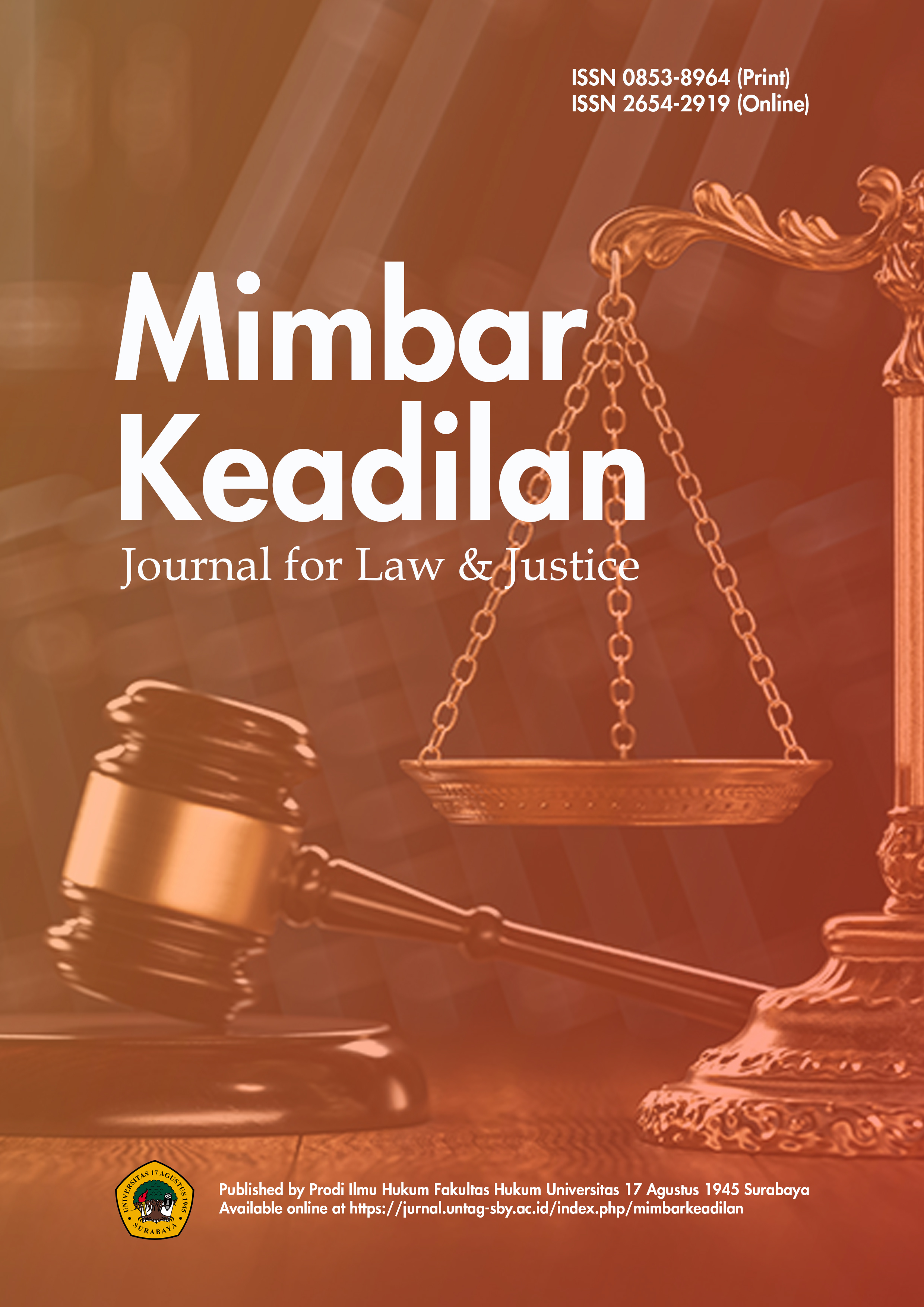Human Rights Implications of Tax Validation Policies on Land and Building Sales: A Social Justice Perspective
DOI:
https://doi.org/10.30996/mk.v18i1.11645Keywords:
human rights, tax validation, self-assessment, land and buildingsAbstract
One of the taxable objects is the transfer of rights over land and/or buildings. Land and buildings gain value as they can be transferred from their owners to others who desire them. The taxable object of the transfer of rights over land and/or buildings is subject to taxes from both the seller and the buyer. The seller is subject to income tax (PPh), while the buyer is subject to a tax in the form of a duty on the acquisition of rights over land and buildings (BPHTB). The taxable object of the duty on the acquisition of rights over land and buildings includes land, buildings, as well as land and buildings. This analysis examines land procurement from a Human Rights perspective. The fundamental values of Human Rights should underlie development, as there is a close connection between development and Human Rights. The quality of life of the affected community must be improved or at least remain the same as before the land acquisition. Land procurement activities should also accommodate the protection of the rights and interests of the community, including the right to receive welfare guarantees so that they do not become poorer than before their land was acquired. The principles of taxation that are universally recognized, namely justice, convenience, and administrative efficiency, as well as the enhancement and optimization of state revenue, should be upheld while maintaining self-assessment.
Downloads
Downloads
Published
Issue
Section
License
Authors who publish with Mimbar Keadilan agree to the following terms:
- Authors transfer the copyright and grant the journal right of first publication with the work simultaneously licensed under a Creative Commons Attribution-ShareAlike 4.0 International License.. that allows others to share the work with an acknowledgement of the work's authorship and initial publication in this journal.
- Authors are able to enter into separate, additional contractual arrangements for the non-exclusive distribution of the journal's published version of the work (e.g., post it to an institutional repository or publish it in a book), with an acknowledgement of its initial publication in this journal.
- Authors are permitted and encouraged to post their work online (e.g., in institutional repositories or on their website) prior to and during the submission process, as it can lead to productive exchanges, as well as earlier and greater citation of published work (See The Effect of Open Access)














